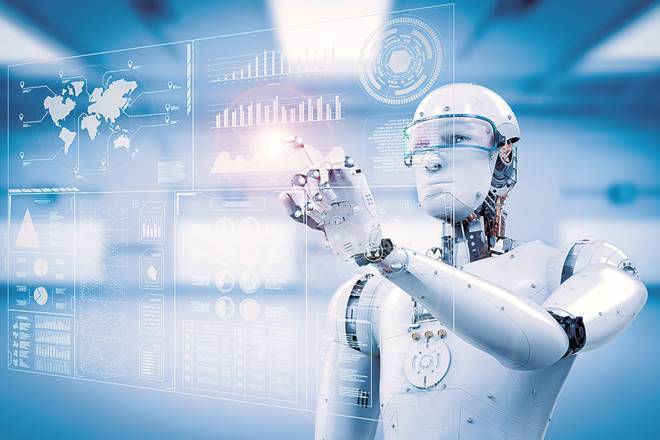When Apple announced its first iPhone it had promised a more responsive touch screen and an easy user interface. By the fourth iteration, Apple had perfected its device. Similarly, Samsung kept on improving the touch and UI experience. Of the two, Samsung displayed more design innovations, whereas Apple focused on simplicity and security.
Phone launches, however, became more mundane and predictable. Companies hit the optimal screen size, the only innovations that remained are power, display and cameras. And, companies have been improving these features with each new iteration. Until foldable phones become more common, there is little excitement over the design aspect.
However, companies are now focusing on an entirely different quadrant. They are trying to make smartphones smarter and integrating them across ecosystems. This year’s Samsung Unpacked event for Note is a testament to this change. Although the company launched five new devices, a large proportion of time was spent in explaining how Samsung has incorporated more artificial intelligence/machine learning, and its partnership with Microsoft, which will allow it to integrate more services with Windows and Office apps.
Apple’s virtual conference earlier this year was no different. Apple focused on its A14 chip and its computing capabilities. The company also announced a shift from intel-based processors to Apple silicon chips which the company claims optimise performance and battery life. The primary feature again was AI.
Samsung displayed AI in noise cancellation and cutting S-Pen latency, whereas Apple ‘s idea was to focus on Siri and data processing. Samsung and Apple are not the only two companies fighting over AI. Video-conferencing apps are doing the same.
But both represent different aspects. What cloud apps are showcasing is the use of AI over the cloud, whereas mobile manufacturers are banking on edge computing, where more calculations happen on the device.
As more devices get connected, and the world envisions IoT future, both are expected to come into use. To take an example, while you would want you home to be connected over a cloud. You would also want your security cameras to be independent of cloud service. Similarly, in the case of smart cars, computations need to be done in the car itself, but when it is interacting with traffic systems, it would need a cloud to connect.
But sadly, this also means that the wow factor from phones is slowly going. However, the best innovations will happen inside; something most people would not even notice. Not unless Siri or Bixby start giving smart replies.
ishaan.gera@expressindia.com








